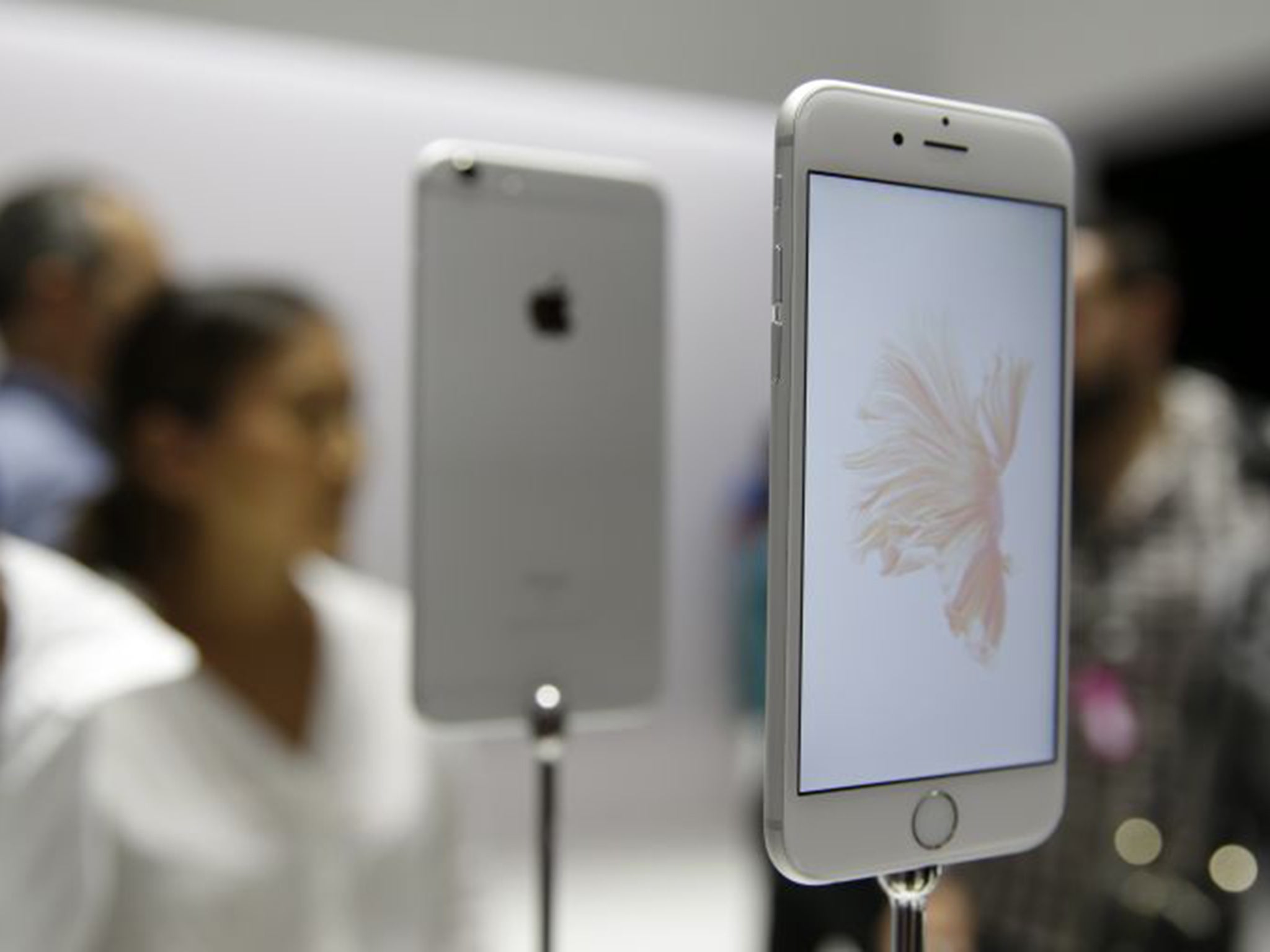Sperm banks using iPhone 6s to lure donors in China
The sperm banks are urging men to donate sperm - instead of selling their kidneys - to earn cash for the new iPhone 6s

Your support helps us to tell the story
From reproductive rights to climate change to Big Tech, The Independent is on the ground when the story is developing. Whether it's investigating the financials of Elon Musk's pro-Trump PAC or producing our latest documentary, 'The A Word', which shines a light on the American women fighting for reproductive rights, we know how important it is to parse out the facts from the messaging.
At such a critical moment in US history, we need reporters on the ground. Your donation allows us to keep sending journalists to speak to both sides of the story.
The Independent is trusted by Americans across the entire political spectrum. And unlike many other quality news outlets, we choose not to lock Americans out of our reporting and analysis with paywalls. We believe quality journalism should be available to everyone, paid for by those who can afford it.
Your support makes all the difference.Two Chinese sperm banks are using the lure of the new iPhone to entice potential donors – days after two men tried to sell their kidneys to pay for the latest sought-after model.
Renji Hospital, in Shanghai, and a sperm bank in Wuhan, posted the appeal on China’s mainland messaging service WeChat, according to the South Morning China Post.
It said: “You don’t need to give up a kidney to raise cash to buy an iPhone 6s as you can get enough money just by donating sperm!”
Days before, two men reportedly attempted to sell their kidneys in order to buy the phone.
The men contacted a salesman over the internet to sell the organs illegally, but, when they turned up to undergo medical tests at a hospital in Nanjing, the man was nowhere to be found.
One of the two men has since gone missing.
The selling of kidneys to fund the Chinese people's love of Apple products has become a growing trend in the country, where fights bordering on riots started in 2012, outside stores in Beijing and Shanghai, when the iPhone 4s went on sale.
The year before, it emerged that a 17-year-old Chinese boy had sold one of his kidneys to buy an iPhone and iPad. He later reportedly became disabled as a result of the surgery.
Although the sperm banks’ advertising campaign does not offer the new iPhone 6s in return for donations, it highlights how donating would be enough to pay for the new version of the device.
Even then, male Apple lovers looking to earn enough cash to finance the product must meet certain requirements; be in their early 20s to mid-40s, have a degree, be at least 5.4ft tall, have no genetic diseases, and be willing to donate at least 17ml of sperm over a six-month period.
Earlier this month, Britain’s national sperm bank in Birmingham revealed it had just nine registered donors a year after opening its doors.
Laura Witjens, the bank’s chief executive, said it was planning a recruitment drive to boost its numbers – but it will be employing a somewhat different campaign from the two Chinese sperm banks.
“If I advertised saying ‘Men, prove your worth, show me how good you are’, then I would get hundreds of donors,” she told the Guardian.
Join our commenting forum
Join thought-provoking conversations, follow other Independent readers and see their replies
Comments